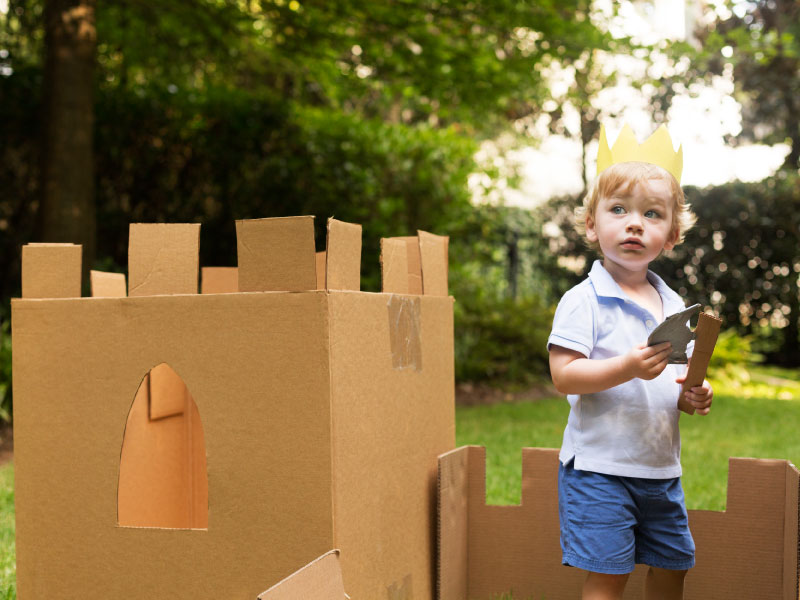Improve Your Kid’s Happiness, Focus on Their Strengths
February 28, 2018
If you are interested in discovering your child’s strengths and weaknesses start by focusing on just their strengths. As parents we are taught to focus on a child’s weaknesses and help them to overcome these. Often this leads to parenting that focuses on negative activities and makes time with mom or dad seem like work and not fun. If you focus on your child’s strengths you can find ways to incorporate their weaknesses allowing your child to have a higher self esteem, feel more successful and give them more resilience to deal with their weaknesses. Not only that, it makes interaction with mom and dad just plain fun!
Plan playful activities that help you discover what makes your child unique.
Including your child in this planning will help you determine their strengths as they naturally navigate toward things they enjoy doing. Watch for clues like your child’s strong preference for certain activities over others. Not all children want to explore the arts or feel at home in a competitive environment of a soccer field. If your child loves to watch you cook, encourage them to join in.
You might want to keep a journal to help strengths stand out.
A child that loves cooking might be very in tune with artistic beauty or they might like to see a task through to the finish. Your child might like to see a smile on the face of the people they cook for. Or your child might enjoy showing others how to cook. In each of these there is a different strength, artistry, empathy and teaching, respectively. Recording your observations in a journal should show you patterns and make your child’s strengths stand out.
Let them tell you stories.
Get into the habit of setting aside time with your child to make up stories. Before long they will be leading the story making and sharing with you their thoughts about what makes them happy, the things they may be afraid of and the way they deal with both. Help your child to change the story endings by posing open ended questions like “what would happen if the little boy had a good friend to help him”. Story time can be a wonderful insight into your child’s mind.
Strengths are not the same as interests.
A child interested in the stars may have the strength of imagination or curiosity. When you know your child’s strengths you can help them navigate the world with less stress. Sharing your child’s strengths with their teachers can help the teacher to understand underlying motivations to your child’s actions.
Five areas to focus on with your child:
- Discover your child’s learning style, do they learn better with pictures, words or sounds.
- Do activities together to learn what makes your child feel joy or frustration and watch how they deal with those feelings.
- Use play to learn about your child’s interests and what they lose interest in quickly.
- Listen to your child at supper time or through storytelling activities and learn what they are proud of and what they prefer not to engage in.
- Help your child to compare themselves to their own results instead of to a sibling or peers. Teach them to set goals and focus on achieving them vs. comparing their results to their brother, sister or friend.
If you nurture your child’s strengths and try to help improve upon their weaknesses, you will help them become well-rounded and even happy. Spend time with your child in positive and fun ways and your child will grow up knowing that you like them for all their strengths and you are a resource in facing and learning from their weaknesses.








